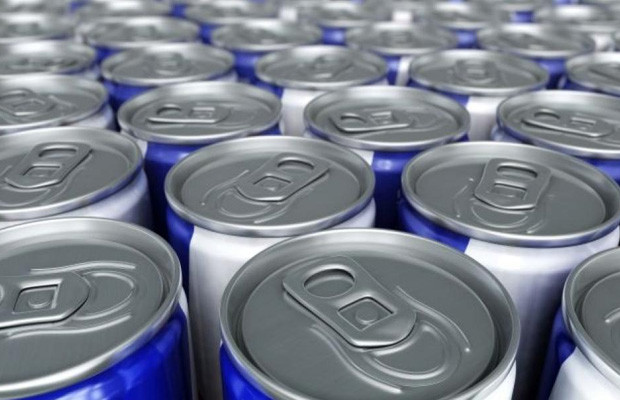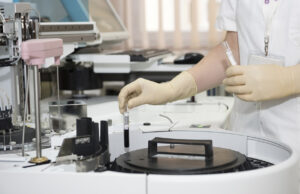Avoid This Beverage To Reduce Your Risk Of Having A Stroke And Heart Attack

When feeling tired and low on energy, many people’s first reaction is to reach for a cup of coffee. Energy drinks are the other popular ‘solution’. One of the most famous energy drinks, Red Bull, created a name for itself as a beverage that ‘gives you wings’. Sponsoring many extreme sport events, Red Bull’s marketing motto states that they support daring people and innovative ideas. They don’t mention the potential health dangers of their signature drink.
The popular Red Bull has now been associated with cardiovascular problems, including stroke and heart attack. It has been banned in Norway, Denmark and Uruguay, and France stopped selling it between 1996 and 2008.
Red Bull thickens the blood and provides the body with an unnatural level of stimulation. Scott Willoughby, lead researcher from the Cardiovascular Research Center at the Royal Adelaide Hospital in Australia, reports that one hour after drinking just one can of Red Bull, blood consistency of the research participants became abnormal and resembled that of a heart patient. Willoughby warns that when combined with stress or high blood pressure, Red Bull can cause damage to blood vessels and creates the risk of blood clotting. This is especially dangerous for people whohave a predisposition to cardiovascular disease.
Red Bull’s primary ingredients are caffeine and sugar. The latter is in the form of glucuronolactone, sucrose and glucose. It also contains aspartame, the artificial sweetener that has been linked to neurotoxic, metabolic, allergenic, fetal, and carcinogenic effects. The Red Bull’s original manufacturer in Austria even warns their costumers not to drink more than two cans a day.
As with other caffeinated beverages, Red Bull gives you a quick high. But this is short-lived and it turns into a low, so you soon feel you need another energy boost. And another can (or cup). You enter a vicious cycle and many people get addicted to Red Bull and other energy drinks.
On top of the adverse effects connected with high caffeine content, Red Bull contains different chemicals that have not been properly researched yet. Many people also combine it with alcohol, which adds to the potential dangers. It means mixing a stimulant with a depressant. This can overload the body and lead to serious health problems. According to an article published in 2001 in the journal Medicine, Science, and Law, when combined with ephedra, which is also a stimulant, Red Bull can cause acute psychosis.
It is especially worrying that Red Bull and other energy drinks are marketed towards young people and students, creating a whole generation of people that is unable to reach normal energy levels the natural way.
So what is the alternative to drinking excessive amounts of caffeinated beverages?
Many experts advise that by doing the following things you can successfully boost your energy levels:
- Improve your diet.
- Increase your intake of omega-3 fatty acids.
- Cut down on sugars.
- Reduce your stress levels.
- Get enough good quality sleep.
- Exercise regularly.













 © 2024
© 2024
0 comments